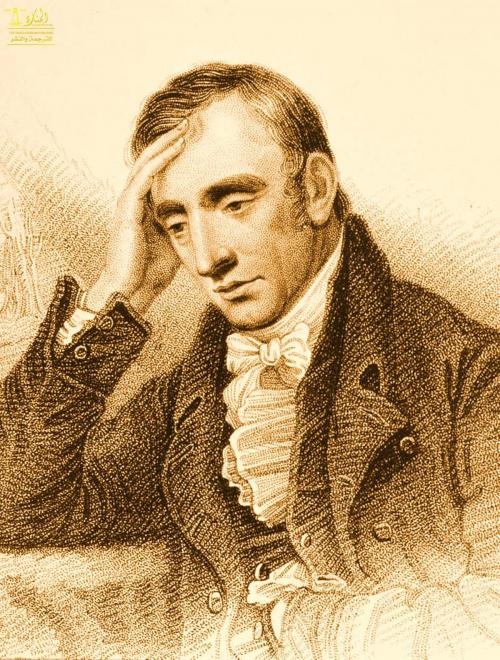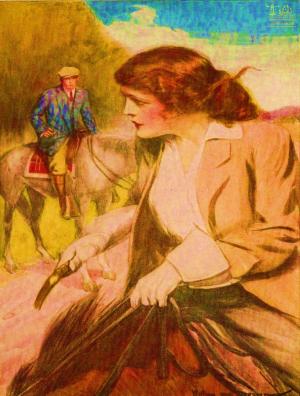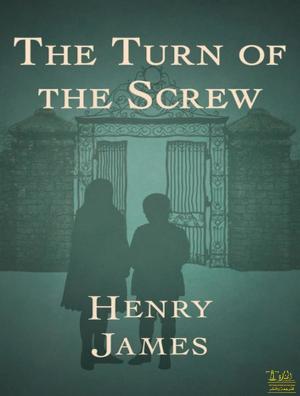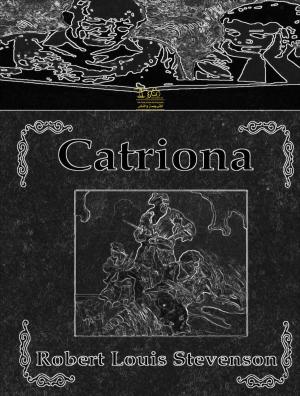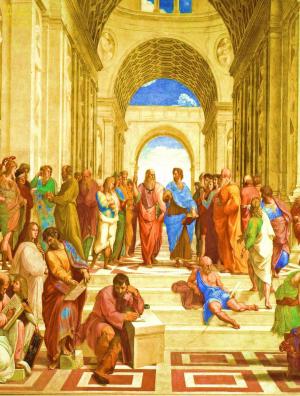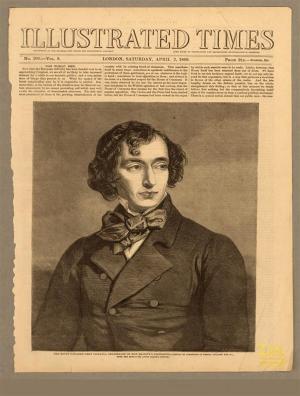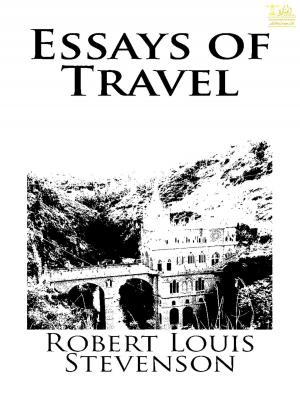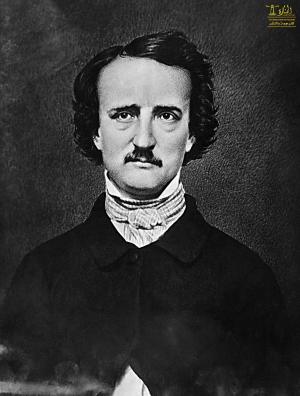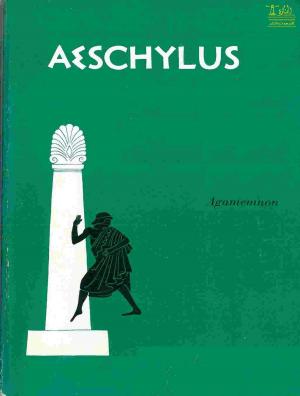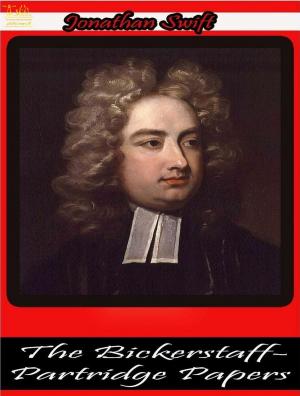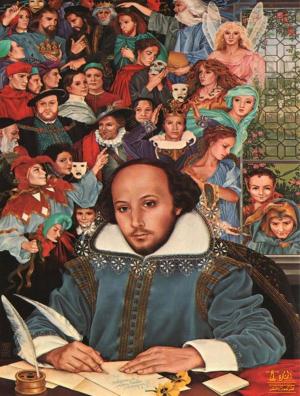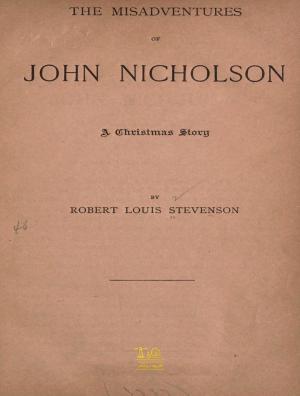The Prose Works of William Wordsworth
Nonfiction, Entertainment, Drama, Anthologies, Fiction & Literature, Literary Theory & Criticism| Author: | William Wordsworth | ISBN: | 9780599446953 |
| Publisher: | Lighthouse Books for Translation Publishing | Publication: | July 11, 2019 |
| Imprint: | Lighthouse Books for Translation and Publishing | Language: | English |
| Author: | William Wordsworth |
| ISBN: | 9780599446953 |
| Publisher: | Lighthouse Books for Translation Publishing |
| Publication: | July 11, 2019 |
| Imprint: | Lighthouse Books for Translation and Publishing |
| Language: | English |
William Wordsworth, (born April 7, 1770, Cockermouth, Cumberland, England—died April 23, 1850, Rydal Mount, Westmorland), English poet whose Lyrical Ballads (1798), written with Samuel Taylor Coleridge, helped launch the English Romantic movement.
Wordsworth was born in the Lake District of northern England, the second of five children of a modestly prosperous estate manager. He lost his mother when he was 7 and his father when he was 13, upon which the orphan boys were sent off by guardian uncles to a grammar school at Hawkshead, a village in the heart of the Lake District. At Hawkshead Wordsworth received an excellent education in classics, literature, and mathematics, but the chief advantage to him there was the chance to indulge in the boyhood pleasures of living and playing in the outdoors. The natural scenery of the English lakes could terrify as well as nurture, as Wordsworth would later testify in the line “I grew up fostered alike by beauty and by fear,” but its generally benign aspect gave the growing boy the confidence he articulated in one of his first important poems, “Lines Composed a Few Miles Above Tintern Abbey…,” namely, “that Nature never did betray the heart that loved her.”
Wordsworth moved on in 1787 to St. John’s College, Cambridge. Repelled by the competitive pressures there, he elected to idle his way through the university, persuaded that he “was not for that hour, nor for that place.” The most important thing he did in his college years was to devote his summer vacation in 1790 to a long walking tour through revolutionary France. There he was caught up in the passionate enthusiasm that followed the fall of the Bastille, and became an ardent republican sympathizer. Upon taking his Cambridge degree—an undistinguished “pass”—he returned in 1791 to France, where he formed a passionate attachment to a Frenchwoman, Annette Vallon. But before their child was born in December 1792, Wordsworth had to return to England and was cut off there by the outbreak of war between England and France. He was not to see his daughter Caroline until she was nine.
William Wordsworth, (born April 7, 1770, Cockermouth, Cumberland, England—died April 23, 1850, Rydal Mount, Westmorland), English poet whose Lyrical Ballads (1798), written with Samuel Taylor Coleridge, helped launch the English Romantic movement.
Wordsworth was born in the Lake District of northern England, the second of five children of a modestly prosperous estate manager. He lost his mother when he was 7 and his father when he was 13, upon which the orphan boys were sent off by guardian uncles to a grammar school at Hawkshead, a village in the heart of the Lake District. At Hawkshead Wordsworth received an excellent education in classics, literature, and mathematics, but the chief advantage to him there was the chance to indulge in the boyhood pleasures of living and playing in the outdoors. The natural scenery of the English lakes could terrify as well as nurture, as Wordsworth would later testify in the line “I grew up fostered alike by beauty and by fear,” but its generally benign aspect gave the growing boy the confidence he articulated in one of his first important poems, “Lines Composed a Few Miles Above Tintern Abbey…,” namely, “that Nature never did betray the heart that loved her.”
Wordsworth moved on in 1787 to St. John’s College, Cambridge. Repelled by the competitive pressures there, he elected to idle his way through the university, persuaded that he “was not for that hour, nor for that place.” The most important thing he did in his college years was to devote his summer vacation in 1790 to a long walking tour through revolutionary France. There he was caught up in the passionate enthusiasm that followed the fall of the Bastille, and became an ardent republican sympathizer. Upon taking his Cambridge degree—an undistinguished “pass”—he returned in 1791 to France, where he formed a passionate attachment to a Frenchwoman, Annette Vallon. But before their child was born in December 1792, Wordsworth had to return to England and was cut off there by the outbreak of war between England and France. He was not to see his daughter Caroline until she was nine.
